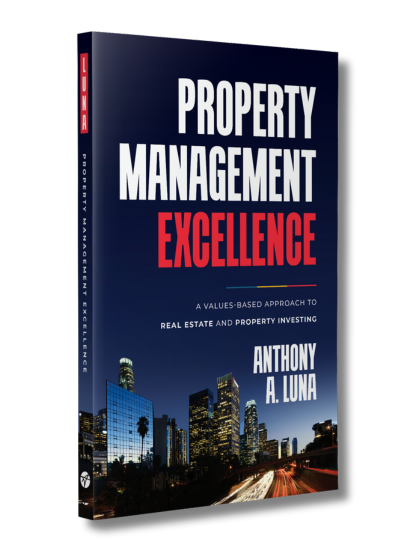Explore Articles
Find a rich collection of articles encompassing the latest news, emerging trends, and invaluable information tailored for landlords, property owners, and investors. Whether you’re seeking guidance, industry insights, or the latest updates in the real estate world, our content will empower you with knowledge and inspire your next steps in the property management journey.
Press Showcase
Explore a variety of articles and news pieces written about Coastline Equity. This section offers a unique perspective on our company’s impact, growth, and presence in the real estate industry, as seen through the eyes of the media. Discover how our story resonates beyond our walls and gain insights into the values and achievements that define us.
Case Studies
Our Success Stories section is a testament to what we can achieve at Coastline Equity. Here, you’ll find some case studies that showcase our strategic approach to property management and highlight our commitment to delivering tangible results. Each case study illustrates how our innovative solutions and industry expertise have helped our clients thrive.

Own the Playbook for
Property Management Excellence
A straight-talking guide from Coastline Equity’s Anthony A. Luna, packed with
field-tested strategies for today’s market.
Order now and put the ideas to work.
Buy on Amazon Ships immediately • Limited launch offer!Explore all our articles
Why is my commercial property still vacant?
Why Are My Property’s Operating Expenses So High in Southern California?
Try Coastline Compass
Free AI tools built by Coastline Equity to help property owners and managers draft work orders, tenant messages, lease summaries, and more.
Press Showcase
Recent articles about Coastline Equity and its CEO, Anthony A. Luna, highlight the firm's growth trajectory, as well as its strategic investments in the community and the real estate industry. These articles also showcase Anthony's expertise and leadership in the industry, and how his vision for Coastline Equity has contributed to its success.
The Boys & Girls Club Impacted My Life “in Every Way”
I first walked through the doors of the Club of San Pedro at 7 years old.
Weekly Real Estate News
Anthony Luna's Guest Editorial Column
Life is a Gift
Daily Breeze Feature about George Mayer & Anthony Luna
Leadership Through Mentorship
Feature Article in the National Business Post
How to Attract, Keep and Engage the Next Generation of Board Members
Anthony A. Luna's Published Article in NonProfit Pro
Case Studies
Delve into these stories to see the real-world impact of our work and how we can contribute to your success in the property management industry.
Join
Our Newsletter
Today!
Get the latest insights, tips, and trends delivered directly to your inbox. Whether you’re a tenant, a property owner, or just interested in real estate, our newsletter offers valuable information to help you make informed decisions.
Sign up now to not miss out on essential updates and expert advice tailored just for you.
Your journey to smarter property management starts here!